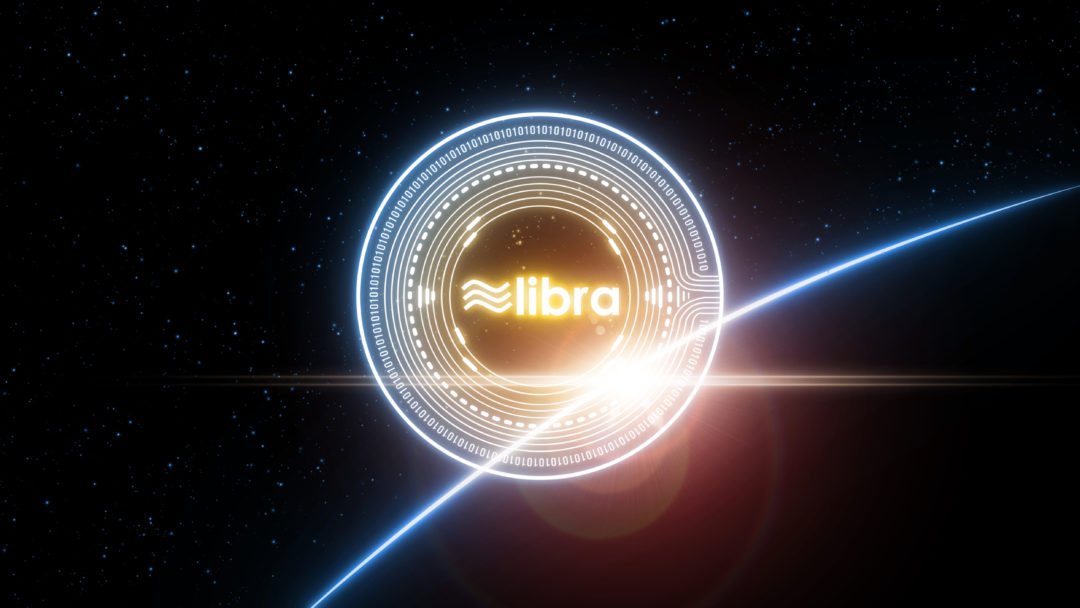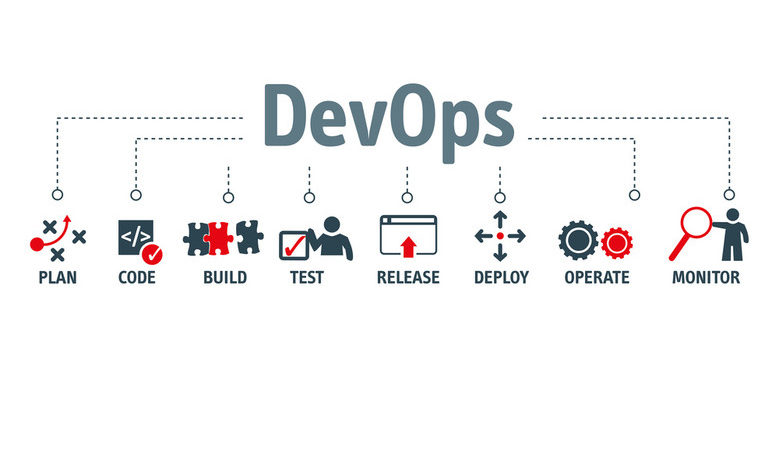Facebook’s Libra, expected to launch in 2020, is a reserve-backed digital cryptocurrency that people can use to buy things and send money across from their mobile phones. It’s been called a ‘new more inclusive financial ecosystem, powered by blockchain technology’ — and this may be the case. It may be the case that Facebook’s Libra will be the catalyst that propels cryptocurrency into the mainstream. But, it could go the other way. This ‘new, inclusive financial ecosystem,’ could be a hacker’s paradise.
Facebook’s Libra
Facebook is joining the Libra Association, an independent consortium with members such as Visa, Mastercard, Stripe and Coinbase, through a newly established subsidiary, Calibra.
The association will independently govern and oversee Calibra’s bespoke cryptocurrency, Libra—with the digital coin imagined to further a global financial system. This marks the social media giant’s boldest foray into the financial services industry. It will be available in Facebook Messenger, WhatsApp and as a standalone app.
Peer-to-peer transactions — Facebook’s Libra will most likely be used for peer-to-peer transactions, “as well as for facilitating e-commerce,” said Jo Howes, commercial director at digital banking software provider CREALOGIX. “This means the tech giant can manage payments internally, rather than having to rely on payments partners as it has done in the past.”
The big names associated with this project is one reason there was so much excitement about the announcement. According to Terry Angelos — SVP, global head of Fintech at Visa, one of the members of the Libra Association — “digital currencies like Libra could provide new pathways out of cash-dependence and accelerate the journey of the estimated 1.7 billion unbanked consumers into the formal financial system — which is why Visa is interested in better understanding the Libra model, and potentially shaping its development.”
Cryptocurrencies: Will they hit the mainstream?
Cryptocurrency in the mainstream
Rosie Burbidge, partner at gunnercooke and blockchain specialist, said the news is a sign that use of cryptocurrency is becoming more acceptable and entering the mainstream. While Facebook has a terrific user base and the right tools to make this happen, given Facebook’s recent data protection and privacy issues it is inevitable that regulators, particularly in the EU, will be looking at this development very closely.
“This has been in the pipeline for a while and it fits in with Facebook’s longer term strategy to move into areas like retail and traditional media (in addition to social media). An important feature of Facebook’s Libra currency is that it is pegged to fiat currencies. So while Bitcoin has suffered from massive currency fluctuations, Facebook’s approach should avoid those ups and downs,” said Burbidge.
Others could argue that until Know Your Customer (KYC) and Anti-Money Laundering (AML) rules are enforced by the cryptomarket, the crypto boom will never reach the heights so many have predicted.
Decrypting cryptocurrency: Top 10 misconceptions keeping people in the dark
Impact on the cryptocurrency market
Facebook’s plan is to make Libra one of the most well-integrated and user-friendly cryptocurrencies. If it succeeds, this will have a big effect on the cryptocurrency market.
“The level of integration and coordination between Libra and other services is unmatched by any other cryptocurrency at the time of launch,” stated Ana Bencic, president and founder of NextHash. “This is a really exciting development and we predict that Libra will nudge more traditional investors and traders towards a deeper involvement in the cryptocurrency market.”
Again, this might appeal to traditional investors compared to other cryptocurrencies powered by blockchain technology… if they can get over their scepticism of digital currencies — regulation and compliance challenges must be addressed.
A hacker’s paradise
It’s not all plain sailing and some believe Facebook’s Libra will be a hacker’s paradise.
Indeed, Christian Lanng — CEO of European fintech unicorn company Tradeshift — has poured scorn on the plans, voicing his concerns that the launch will further erode trust in the embattled platform.
He said:
“Libra is a distraction from the core challenges which Facebook has with its community of users. Monetising accounts and attention is going to lead to a spike in fraud, further reducing consumer trust in a product that is already at a very low ebb.
“Any notion that assigning a monetary value to attention will somehow help Facebook address its trust issues is missing the point of why those trust issues began with in the first place. You cannot achieve trust simply by sprinkling blockchain over the problem.
“Libra is going to be a scammer and hacker paradise, eroding whatever trust users had left in the Facebook platform. It is literally the opposite of what any real users of the Facebook platform wanted Facebook to focus on.
“The fact this is being compared to WeChat highlights the fundamental difference between WeChat and Facebook. Users trust WeChat.”
Millions stolen in Bitcoin hack
In the consumer’s best interest?
Another sceptic, Ray Walsh — digital privacy expert at ProPrivacy.com — suggests Facebook’s Libra might not be in the best interest of consumers, regarding their privacy concerns.
“Facebook’s track record for protecting consumer data is massively troubling, and adding knowledge of consumer transactions to its database is only going to increase the firm’s ability to track consumers and their purchasing habits. Considering that Facebook is already the second largest advertiser in the world (second only to Google) this added integration is concerning,” he said.
“The idea that social data and financial data could be combined is worrying, and although Facebook claims that it will keep the distinct data sets at arm’s length – it is hard to believe that consumer habits will not be tracked in order to allow Facebook to better serve ads. After all, that is how the firm produces the majority of its revenue streams. Facebook has proven, time and time again, that it is not to be trusted with consumer data and it seems unlikely that it does not plan to exploit as much consumer data as it is legally permitted to do so. Facebook’s whitepaper claims that it will not source transaction data from the Libra Blockchain without consumer consent. For the time being, no privacy policies or Terms of Service are available for Libra coin.
“For this reason, we will have to wait and see exactly what permissions users must agree to in order to start using the coin. However, if Facebook’s previous services are anything to go by, it seems likely that consent will be inextricably linked to the service from the get-go giving Facebook users little option but to agree — should they want to take advantage of the ease of use provided by integrated Libra payments across its platforms. This is concerning, considering that Facebook is posturing Libra payments as a way for disenfranchised people in third world countries — including women without bank accounts — to make payments.”









